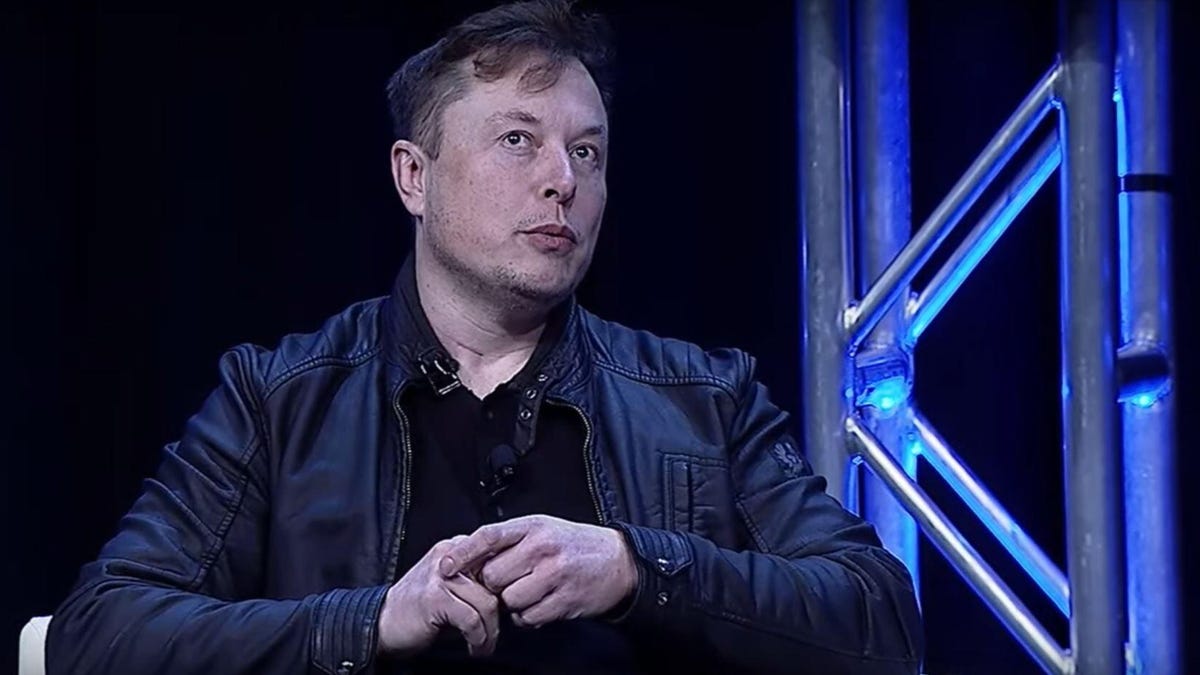Elon Musk: SpaceX Starlink satellites will have no impact on space science
The SpaceX head promises he can blanket the planet in broadband without obscuring scientists' view of the heavens. But many astronomers are skeptical.

Musk spoke at Satellite 2020 in Washington on Monday.
Elon Musk is confident SpaceX's growing Starlink broadband satellite constellation won't have a lasting impact on astronomy.
"I am confident that we will not cause any impact whatsoever in astronomical discoveries," the company's CEO and founder said on stage during the opening day keynote of the Satellite 2020 conference in Washington, DC, on Monday.
SpaceX is already in the process of launching over 4,000 of its Starlink satellites to low-Earth orbit, where the mega-constellation will provide high-speed, low-latency internet to just about any location on Earth. The FCC has given the green light for SpaceX to launch up to 12,000 satellites and paperwork has been filed with an international regulator that could open the door for over 40,000 satellites in total.
Almost immediately after the first batch of 60 Starlink space routers launched last year, many were surprised by how reflective the satellites were, moving across the twilight sky in long, single-file trains, increasing UFO sightings and mucking up a lot of astronomical observations.
SpaceX has committed to resolving the problem and has been working with astronomers over the past year to reduce the impact of the satellites on science.
Many in the astronomical community have been skeptical of SpaceX's promises that all issues will be resolved, pointing out that the company has continued to launch dozens of new satellites every few weeks before a solution has been worked out. Multiple petitions are circulating asking for the launches to be halted.
Last night I observed two passes of the 60 @SpaceX #Starlink satellites. Though they are usually to faint to be seen with the naked eye, they flare regularly. In some cases, as this image shows, they can outshine the brightest stars in the night sky! pic.twitter.com/DDSdYMez2u
— Cees Bassa (@cgbassa) May 29, 2019
SpaceX is in a tight spot, however, because FCC regulations require it to have at least 2,212 of its satellites up and operational by 2024.
"We'll take corrective action if it's above zero (impacts)," Musk said. "We're running a bunch of experiments."
Musk noted efforts to try painting parts of the satellites black to make them less reflective. One such "darksat" has already been launched, and some astronomers have reported that it doesn't appear to be much less reflective than other Starlink sats.
But Musk mentioned a new approach that involves launching a "sunshade" that could also reduce reflectivity.
Meanwhile, the Starlink constellation continues to grow. The next batch of satellites is set to launch Saturday.

